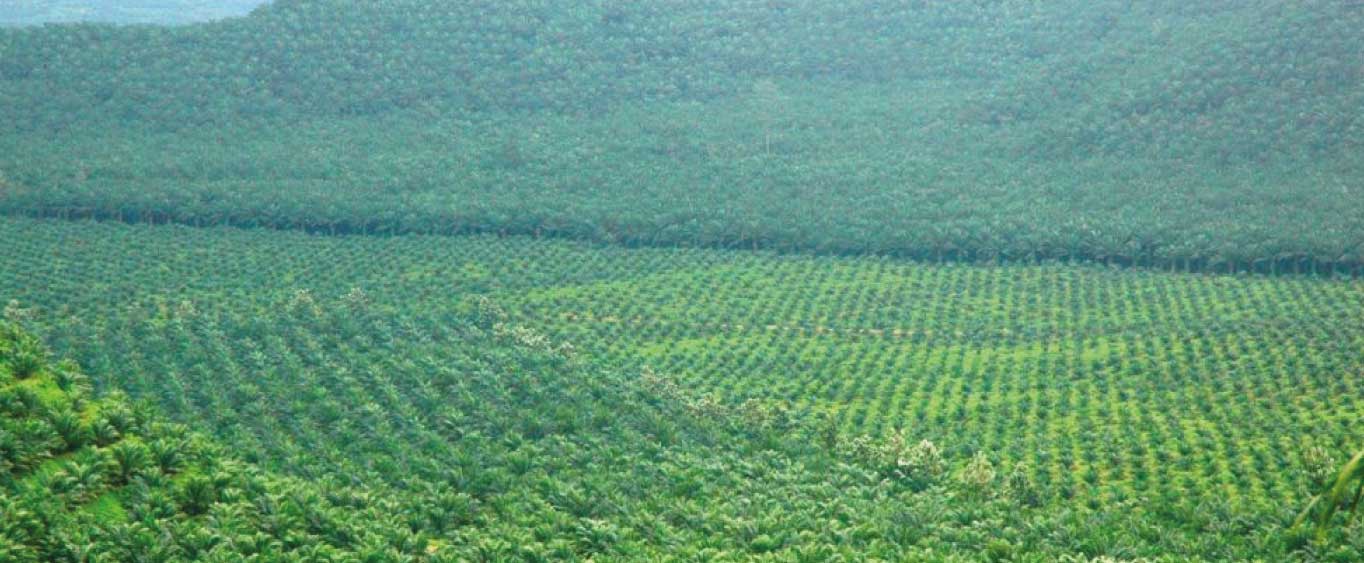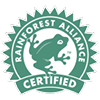Strength in Certification
[GRI 2-28]
OVERVIEW
SDP is the world’s largest producer of certified sustainable palm oil.
We strongly believe in implementing sustainability standards and adhere to recognised certification standards schemes to assure our customers and consumers that our high-quality products are safe and sustainably produced. Despite pandemic movement restrictions, there were no significant hindrances to recertification processes in 2020 and 2021.
100% RSPO CERTIFIED MILLS
>90% OF CPO PRODUCED RSPO CERTIFIED100% RSPO CERTIFIED
(DOWNSTREAM)100% ISPO CERTIFIED
(UPSTREAM)100% MSPO CERTIFIED
(UPSTREAM)100% MSPO CERTIFIED
(DOWNSTREAM)ALL 5 SITES IN PNG RA SAS CERTIFIED
7 SITES ISCC CERTIFIED
Roundtable on Sustainable Palm Oil (RSPO)
SDP has been certified against RSPO requirements since 2008. As of 2021, 100% of SDP mills have been certified to the RSPO Principles and Criteria (P&C). In 2021, these mills provided 2.15 million tonnes of certified sustainable palm oil, over 90% of our total crude palm oil (CPO) production. Three remaining plantations in Indonesia are pending RSPO certification due to delays in obtaining land use permits (Hak Guna Usaha), and we expect them to be certified by 2023.
As a founding member of the RSPO since 2004, we remain active within the organisation and sit on several task forces and panels. This includes advocating for the adoption of the RSPO Shared Responsibility commitments by our suppliers and within our organisation and to collectively work with all actors to address systemic issues within the palm oil industry, and drive uptake of certified supply. We recognise that understanding RSPO P&C requirements at the downstream level can be challenging because certification processes are supply-chain focussed. In 2020, SDO core business unit members underwent training to understand the purpose behind RSPO criteria, covering key themes such as fair dealings with smallholders, workers’ access to grievance mechanisms at plantations, and the health and safety of contractors and suppliers. These internal training sessions are a precursor to the adoption by the Group of the practical implementation guide being developed by the RSPO upon its publication.

National Standards for Sustainable Palm Oil
SDP adheres to national sustainable palm oil production certification standards in Malaysia and Indonesia. Our Malaysian upstream and downstream operations are 100% certified against the Malaysian Sustainable Palm Oil (MSPO) P&C and SCCS standards, whilst our upstream operations in Indonesia are 100% certified against the Indonesian Sustainable Palm Oil (ISPO) standard for upstream operations. In 2021, the MSPO standards underwent a review and consultation process to align them with the latest sustainability practices. We will roll out the revised standards across all our operations once they come into effect in 2022. SDP, a key member of several MSPO working groups including the Technical Committee, contributed to the review process.
There is no national sustainable palm oil production standard in Papua New Guinea (PNG) and Solomon Islands. Although the RSPO P&C are recognised internationally, they are interpreted differently at the national level based on laws in effect and cultural values of a given country. To better adapt the P&C to the specific agricultural thresholds and relevant legislation in the region, New Britain Palm Oil Limited (NBPOL) initiated the National Interpretation Working Group. In November 2019, the RSPO Board of Governors endorsed the newly approved PNG and Solomon Islands National Interpretation for the Production of Sustainable Palm Oil. Since then, all NBPOL sites have adopted the most recent RSPO P&C and are fully compliant based on this national interpretation.
Rainforest Alliance Sustainable Agriculture Standard (RA SAS)

Since 2017, NBPOL has been certified to the Rainforest Alliance Sustainable Agriculture Standard (RA SAS) that applies to crop and cattle production systems worldwide. With five of six sites certified as of November 2021, NBPOL is the only palm oil producer outside Latin America and the only one of significant size to hold the certification. However, following a policy change in 2021, Rainforest Alliance will be phasing out its palm oil programme by the end of 2022 due to its limited impact on the ground and slow market uptake. Consequently, NBPOL’s operations will no longer be RA SAS certified as of next year. Nevertheless, we will maintain our commitment to the principles of the RA SAS and incorporate them into our sustainability programmes.



